News & Media
Establishing an African footprint, benchmarking digital innovation in teaching and learning
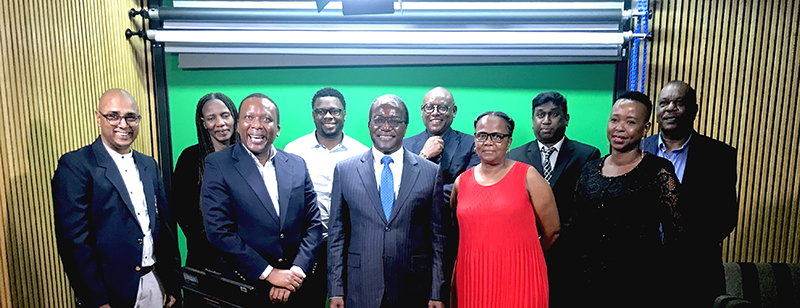
Members of various departments and units in Teaching and Learning engaging in the discussions
Over the past decade, we have seen the rapid integration of technology in African higher education institutions. The added impact of the COVID-19 pandemic has resulted in technology becoming a necessity in how we deliver our tuition. While the current discourse of digital innovation in teaching and learning cannot escape the socio-economic discourses of “access” and “affordability” in our continent, it has offered new ways for us to think of innovation “in” and “for” Africa.
The integration of technology in higher education institutions has directly impacted how we teach, assess, design curriculum, and provide student support. Given Unisa’s status as a “mega” African higher education institution, providing distance education mediated through technology, it offers an ideal case study for universities to understand the contextual challenges and opportunities for open distance education in Africa. On 26 January 2022, the Vice-Chancellor of Zimbabwe Open University (ZOU), Professor Paul Gundani, visited Unisa as part of a benchmarking exercise. Gundani’s engagements with the Teaching and Learning Portfolio were led by the Acting Vice-Principal: Teaching, Learning, Community Engagement and Student Support (TLCESS), Professor Humphrey Mogashoa, accompanied by the Executive Dean of the College of Human Sciences (CHS), Professor Kgomotso Masemola.
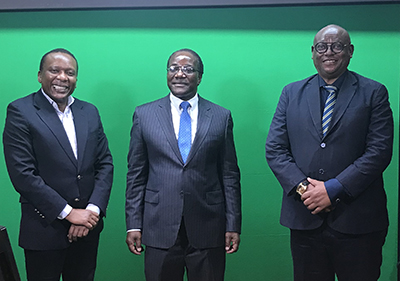
Acting VP: TLCESS Prof. H Mogashoa, VC ZOU: Prof. P Gundani and CHS ED: Prof. K Masemola in the ADOVH Mini Studio
Gundani’s benchmarking visit to the teaching and learning portfolio consisted of two sessions. The first session saw a robust discussion with the Directorate for Curriculum Design and Transformation (DCDT), the Directorate for Instructional Support and Services (DISS), the Centre for Professional Development (CDP), and the Student Retention Unit (SRU). This session created an opportunity for Unisa to unpack some of the critical areas that form part of the core business in teaching and learning and demonstrate how we are mitigating some of the contextual challenges. Much of the discussions focused on how Unisa and ZOU can maintain contextual relevance with both content (curriculum) and our delivery of tuition while being cognisant of African epistemology and pedagogy.
The second session focused on visiting the Academic Development Open Virtual Hub (ADOVH). ADOVH was established as part of a COVID-19 Responsiveness Grant (CRG) in 2020 to serve as an incubator for digital innovation in teaching and learning. The session consisted of presentations made by the ADOVH team on (1) ADOVH as a strategic hub for innovation and networking within Africa; (2) ADOVH’s approach to training interventions using MOOCs and OERs, (3) the ADOVH Innovation in Teaching and Learning Series as an international benchmarking approach, and finally (4) a demonstration of the ADOVH fully automated mini recording studio. As part of the discussions, Gundani stressed the importance of having an incubator to explore and research the impact of digital innovation in teaching and learning and the importance of cost-effective open courses for African education (i.e., MOOCs and OERs that are produced by Africans, for Africa). The demonstration of the ADOVH mini-studio was seen as a new way to diversify our teaching approaches through the integration of self-produced teaching and student support videos on demand at low costs.
The two sessions culminated with the Acting Vice-Principal: TLCESS, Professor Mogashoa, plotting the way forward for both Unisa and ZOU to strengthen relations across the two universities in teaching and learning. These collaborations include sharing knowledge through joint projects, exposure of support, and teaching staff to both institutions, with the ultimate aim of fostering stronger distance education institutions in the service of our continent. This collaboration creates the ideal opportunity in 2022 for Unisa to establish an African footprint in the benchmarking of digital innovation in teaching and learning within our continent.
* Submitted by the Academic Development Open Virtual Hub
Publish date: 2022-03-30 00:00:00.0


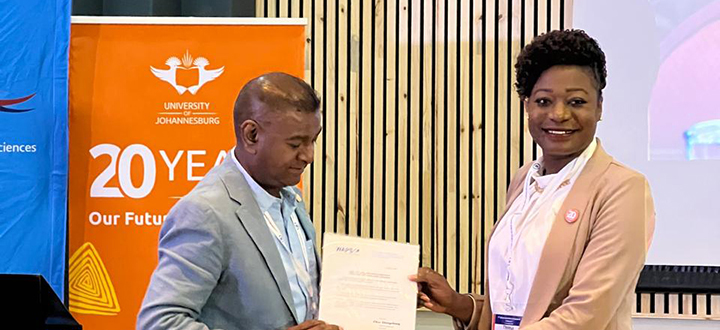 Unisa co-hosts major operations management conference
Unisa co-hosts major operations management conference
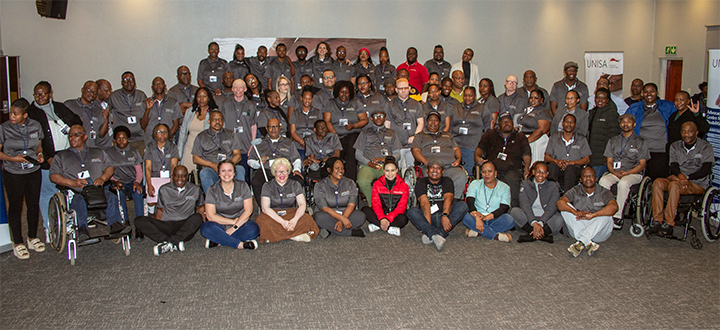 Strengthening disability-inclusive practices across higher education
Strengthening disability-inclusive practices across higher education
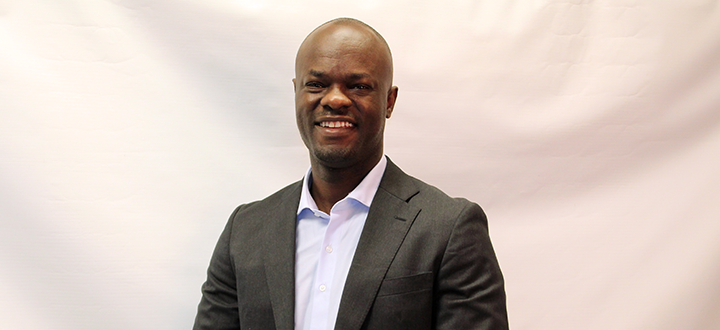 Unisa astrophysicist receives prestigious Royal Society award
Unisa astrophysicist receives prestigious Royal Society award
 Unisa's eminent women academics recognised for science excellence
Unisa's eminent women academics recognised for science excellence
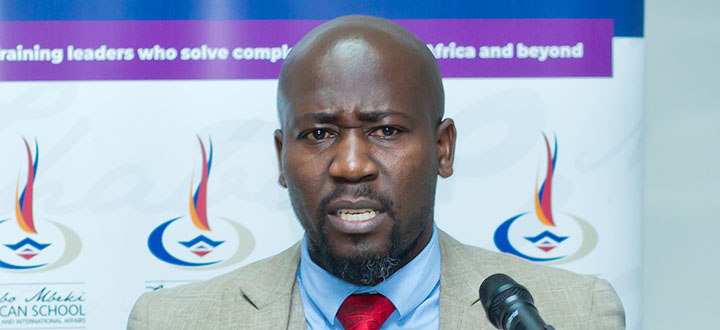 Illicit trade in Africa’s natural resources: Experts sound the alarm at Unisa seminar
Illicit trade in Africa’s natural resources: Experts sound the alarm at Unisa seminar